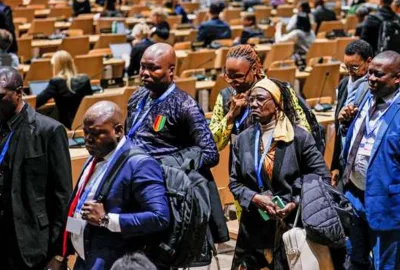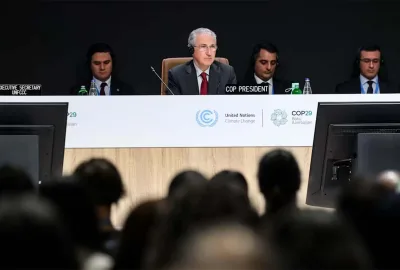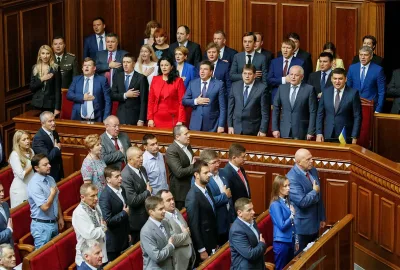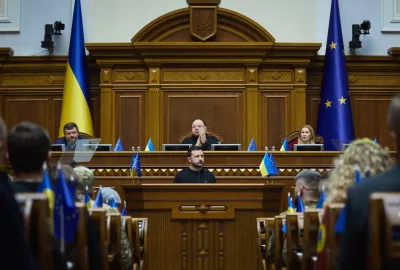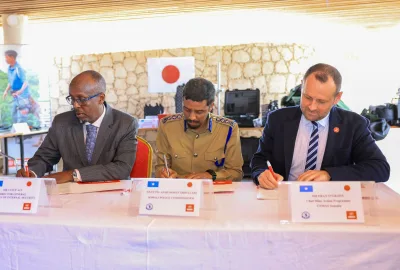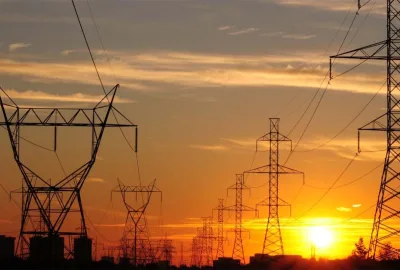The nature of Hassan Sheikh Mohamud’s administration is a growing concern for many leaders in Somalia…
The nature of Hassan Sheikh Mohamud’s administration is a growing concern for many leaders in Somalia and the region, according to political leaders and Somalia observers. These leaders suspect that the Mogadishu-based government is acting in its own narrow interest, with little regard for the long-term stability of Somalia. The growing pessimism about the administration has diminished the president’s stature within Somalia and with regional leaders, and has negatively impacted his government’s efforts, according to senior diplomats.
It is important to point out that, since taking office, the current government in Mogadishu has made little progress on both political and security issues. Instead, the government has wasted valuable time on internal political and clan issues that have exacerbated deep fissures, and is undermining the progress needed to stabilize Somalia. The government’s efforts have also alienated clans and sub-clans in Puntland, Somaliland, Galmudug, Hiiraan, Shabelle and Jubaland, as well as the governments of Kenya and Ethiopia, which are concerned about the government’s failure to tackle the terrorist groups responsible for the growing violence and instability across Somalia and the Horn of Africa.
Despite mounting failures, some leaders from the international community, regional governments and Somali political leaders were hoping that the selection of a new prime minister and a possible technocratic cabinet could potentially salvage the remaining three years of President Mohamud’s term. However, reporting from Mogadishu and discussions with Somalia experts, including some who are advising the government, suggest that the upcoming cabinet will likely not change the current government structure or bring about reforms that are badly needed for tackling growing insecurity, corruption and political paralysis.
According to senior Somali officials, Prime Minister Abdiweli Sheikh Ahmed is expected to announce his new government within the next few days. The new cabinet is likely to disappoint many Somalia observers, as well as the international community, and will represent a missed opportunity for the government to show that it is serious about reforms.
Reports indicate that a majority of the new cabinet was selected by the president and his senior staff, with minimal input from the prime minister. The cabinet will probably not include credible political or security experts, academics, opposition figures, or prominent business and Diaspora leaders. Instead, the president is expected to retain four ministers from the recently dismissed government. The selection of the new cabinet is a reflection of President Hassan Sheikh Mohamud’s micro-management style and clearly demonstrates his administrations failure to understand the many challenges facing Somalia.
The returning ministers will probably include Deputy Prime Minister and Minister of Foreign Affairs Fawzia Yusuf Haji Adam, Minister of Interior and National Security Abdikarim Hussein Guled, Minister of Defense Abdihakim Mohamoud Haji-Fiqi, and possibly Minister of Information, Posts and Telecommunication Abdullahi Elmoge Hersi.
What is concerning to many Somalia observers is that these ministers played a major role in the previous administration’s failures and are not seen as part of the solution. These ministers failed to deliver on the institutional reforms needed to reconstitute credible government agencies and stabilize the country. Other Somalia experts are troubled by the new ministers, which will include many unqualified individuals with little or no political or security experience, former ministers and political opportunists. A majority of the new ministers have no political muster, even within their clans or sub-clans, and are seen as part of an effort by the president and his allies to marginalize growing opposition to his government.
The perception of the Mogadishu-based government is changing drastically. The international community deemed the 2012 Somali elections to be successful, but the election did not resolve the key challenges facing the country. Political grievances and attempts by allies of the president to marginalize opposition political figures, clans and sub-clans from Lower and Middle Shabelle, Hiiraan and Juba have worsened the situation and are exposing and reinforcing deep historical divisions. At the same time, Mogadishu-based political factions allied with the president have been actively undermining the 2012 constitution and are selectively applying the federalism statutes, according to reports. These political conflicts have sparked violence in Central and Southern Somalia, and are bringing about instability and significant security challenges for the government.
Outlook
The new prime minister and cabinet will likely not have the impact that many Somali observers have hoped for. The new cabinet is a continuation of the same deficient, inexperienced and corrupt administration, and will do little to address the key challenges facing the government. Humanitarian, political and security conditions will continue to deteriorate across south-central Somalia, as the government will fail to address the growing problems it faces.
Unless the international community imposes significant reforms to define the future political and security structures, and limits the president’s unconstitutional power grab, the current Mogadishu-based government will continue to operate the same way and will be a direct threat to the country’s nascent democracy, and its actions could potentially slip the country back into the clutches of a dangerous civil war.
Many in Somalia had hoped that Hassan Sheikh Mohamud would bring stability to the country, but after a year in which the al-Shabaab insurgency has grown stronger, the population has grown disillusioned with his administration. Without a political reconciliation process, Somalia will not likely come out of these twenty-plus years of perpetual crisis. The Somali Federal Government needs significant reforms, and its leaders need to sit down and have a dialogue with the political opposition leaders and Somali experts they have sidelined ever since the 2012 elections. The government must widen its umbrella and welcome other groups into the government, or it will face growing internal and external opposition.
The author of this article is Abshir Yare.
Mabshir27@hotmail.com


